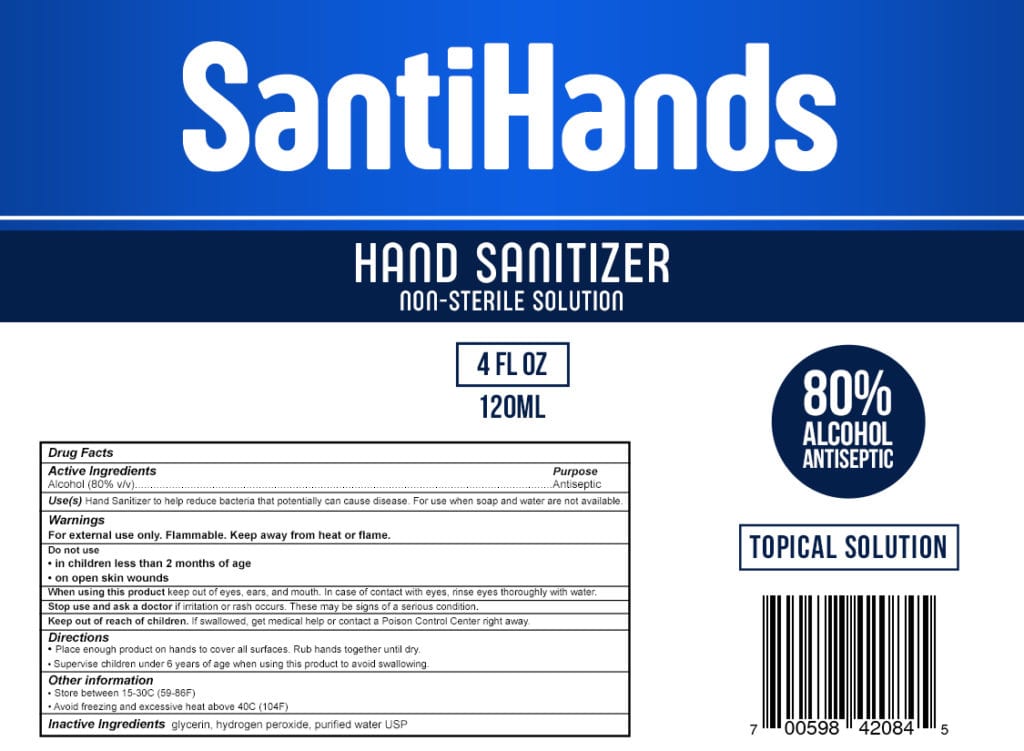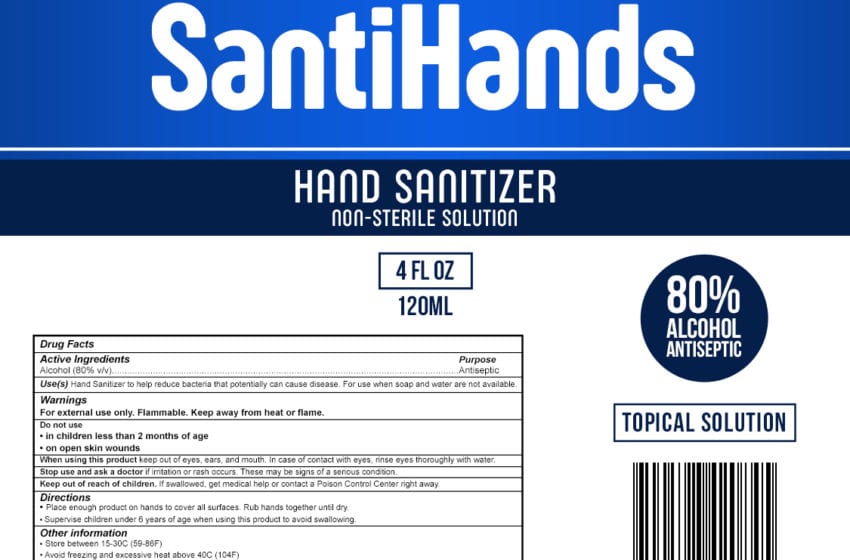
Professional Disposables International (PDI) has files suit against South Carolina-based NicVape over its new SantiHands brand hand sanitizer. PDI has been producing Sani-Hands alcohol wipes since 1995.
PDI filed a complaint on Sept. 11 in U.S. District Court, White Plains, for trademark infringement. NicVape, PDI claims, “willfully intended to trade on plaintiff’s reputation and to cause confusion” between SantiHands and Sani-Hands.
PDI says it is a pioneer in manufacturing alcohol prep pads and germicidal disposable wipes. Nice-Pak Products Inc., an affiliated company, was granted the Sani-Hands trademark in 1995 for antiseptic, premoistened towelettes, according to an article on westfaironline.com.
The wipes are more than 99 percent effective against many bacteria, viruses and fungi, according to PDI, in preventing infections. Sani-Hands are marketed to health care staff and patients and foodservice patrons who don’t have access to soap and water.
NicVape’s wipes began showing up in August at Home Depot stores, the complaint states, in the Bronx, Hawthorne, Port Chester and Fairfield, Connecticut. PDI says it asked NicVape to cease and desist from using the SantiHands mark, but NicVape has not responded, according to the story.
The complaint claims that many new hand sanitizer makers do not use the stringent manufacturing and testing procedures that PDI employs. It also notes that the FDA has recently recalled hand sanitizers that contain toxic alcohols, but provides no evidence that SantiHands does so.
A National Drug Code filing lists SantiHands’ active ingredient as alcohol, at 80%. The product label, as depicted in a photo exhibit in the lawsuit, shows its composition as 80 percent ethyl alcohol.
PDI’s Sani-Hands has 70 percent ethyl alcohol.
PDI accuses NicVape of trademark infringement, dilution of Sani-Hands’ reputation for excellence, false designation of origin and unfair competition. It is demanding that NicVape stop using the SantiHands mark, destroy the products, and abandon its application for a trademark.

